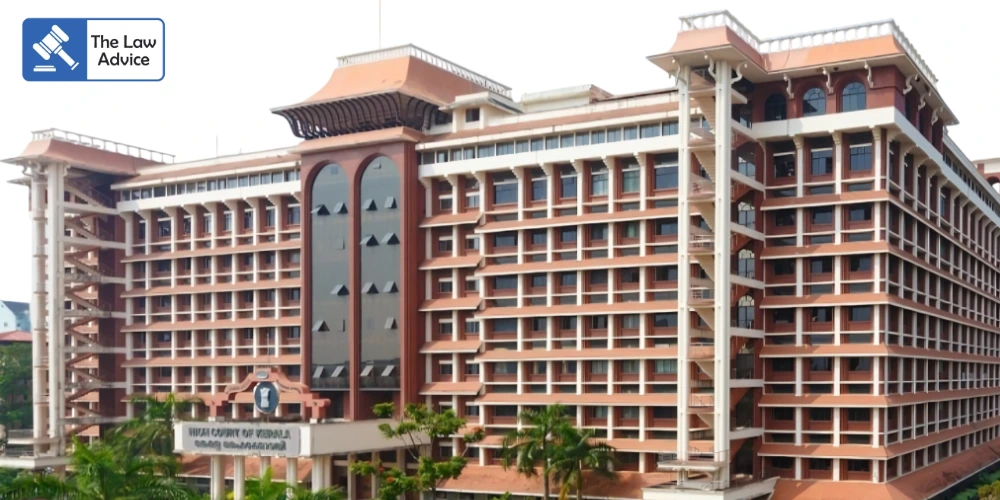
The Kerala High Court has held that a person who survives by begging cannot be compelled to pay maintenance under Section 125 of the Code of Criminal Procedure (CrPC), even if his spouse seeks financial support.
Justice P.V. Kunhikrishnan, while disposing of a revision petition, upheld the Family Court’s order that dismissed a claim filed by a wife seeking ₹10,000 per month maintenance from her husband, a blind man who subsists on alms and occasional assistance from neighbours.
The Court emphasized that the statutory obligation under Section 125 CrPC is dependent on the husband’s capacity to provide maintenance. Where it is admitted that the husband has no regular income and relies entirely on begging for survival, no court can legally direct him to pay maintenance.
“No court can direct a beggar to pay maintenance to his wife when the wife herself admits that her husband is a beggar,” the Court observed.
The judgment further highlighted that the State has a primary duty to protect individuals who live in extreme poverty. The destitute spouse of a person who relies on begging for livelihood should also be safeguarded by the State through social welfare measures.
“Begging is not recognised as a legitimate livelihood in our State. It is the responsibility of the State, society, and the judiciary to ensure that no person is forced to beg, and the State must at least provide food and clothing to such persons. Likewise, the destitute wife of a beggar must also receive protection from the State through appropriate measures,” the Court stated.
Justice Kunhikrishnan also examined the scope of personal laws concerning maintenance obligations and reiterated that the protection of destitute wives, particularly those affected by polygamy in the Muslim community, falls within the domain of State responsibility rather than private enforcement.
“It is the duty of the elected government in a democratic country to ensure that citizens are not left to beg. While the government may not always be aware of every individual case of begging, when such matters are brought before this Court, it becomes the Court’s duty to draw the attention of the concerned State Department to provide protection in accordance with law,” the Court added.
Accordingly, the Kerala High Court dismissed the revision petition, affirming the Family Court’s decision, and directed the Secretary of the Social Welfare Department to take appropriate measures to safeguard the interests of both the husband and his destitute spouse.
Case Title: Jubairiya v. Saidalavi [RPFC 221/2021]
Website designed, developed and maintained by webexy